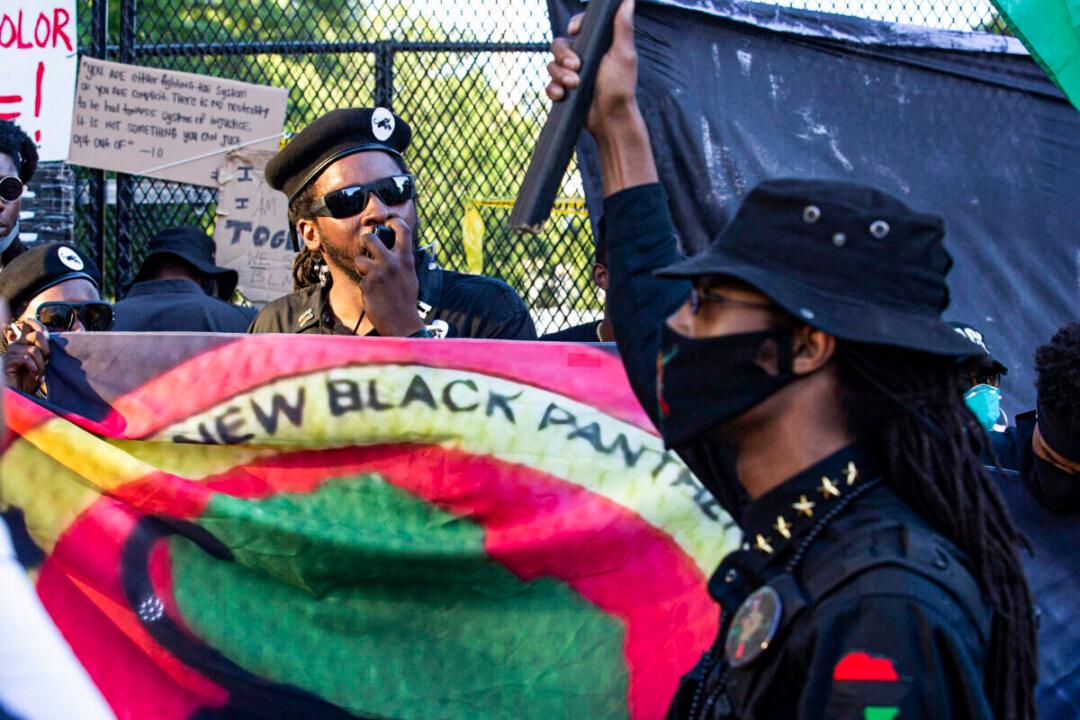A public university in New York has come under fire for its plan to host an “intellectual conversation” with Jalil Muntaqim, a former Black Panther who spent nearly 50 years behind the bars for ambushing and killing two police officers in 1971.
Muntaqim, who remained in prison until October 2020, is invited to speak at an April 6 event by the State University of New York at Brockport. The event, titled “History of Black Resistance, U.S. Political Prisoners & Genocide: A Conversation with Jalil Muntaqim,” originally was to be funded in part by a Promoting Excellence in Diversity (PED) grant.





